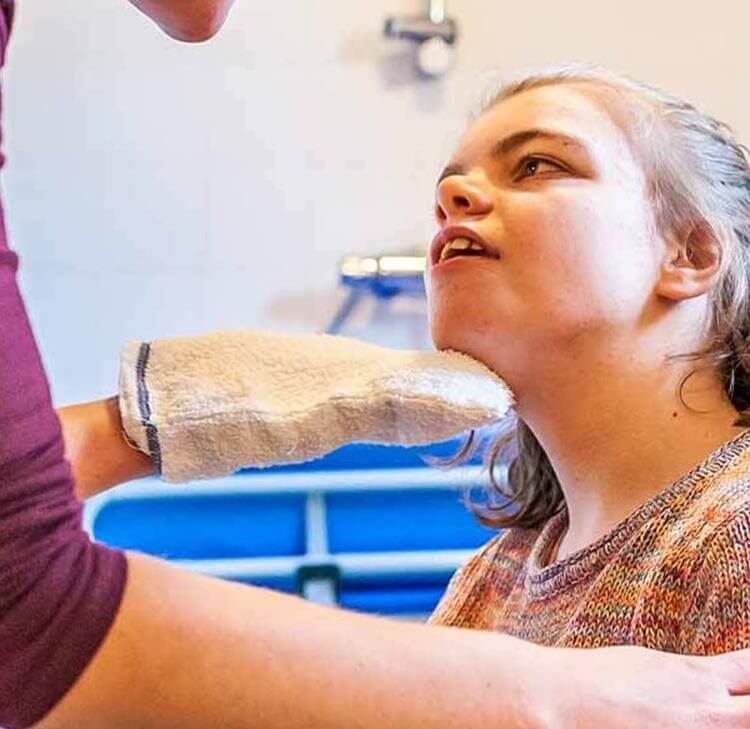In the recent case of Manchester University Hospital NHS Foundation Trust v JS [2023] EWCOP 12, a Court of Protection judge ruled that an NHS Trust had unlawfully detained a 17 year old girl on an acute hospital ward, and held that she should have been detained and treated under the Mental Health Act, in spite of psychiatric professionals assessing her to be ineligible for detention under that legislation.
The case highlights the challenges in the Mental Health Act/Mental Capacity Act interface and emphasises the importance of early consideration for detention under the Mental Health Act, clear reasoning if detention is not considered necessary and cautious use of common law powers of detention.
The facts of the case
This case concerned a 17 year old girl, Jane, admitted to an acute adult medical ward in January 2023 following risky and self-harming behaviour. She had a very restrictive care plan in place, including an inability to leave the ward and 1:1 supervision. Initially she was detained under section 2 Mental Health Act, however when this section expired she remained in the hospital, subject to the same level of restrictions. The hospital maintained they were holding her under “common law” powers. She was assessed on two occasions for detention in a Child and Adolescent Mental Health Services Tier 4 unit, but was found not to be detainable under section 3 of the Mental Health Act.
The hospital later applied to the Court of Protection for a Deprivation of Liberty authorisation, under the Mental Capacity Act. The Judge firstly noted that, from the date the section 2 Mental Health Act detention had expired, Jane was not subject to any lawful regime of detention.
In considering whether to grant the Deprivation of Liberty authorisation, the Judge considered capacity and best interests. It was agreed Jane lacked capacity to consent to her care and treatment in hospital. It was also agreed that it was in Jane’s best interests to return home to the care of her mother, however this was not possible as community support services were not yet in place. The Judge then explored why the Mental Health Act was not being used to detain Jane and whether she was in fact ineligible for detention under the Mental Capacity Act, by looking at Schedule 1A to the Mental Capacity Act (“Persons ineligible to be deprived of their liberty under the Mental Capacity Act”) and, in particular, Case E.
What did the Judge decide?
The Judge found that Jane was (1) within the scope of the Mental Health Act and (2) objecting to some or all of her mental health treatment and so found her to be ineligible to be deprived of her liberty in hospital under the Mental Capacity Act. The Judge said that, “If the patient has to be detained for treatment for their mental disorder, and there is no alternative outside the hospital setting, and no other treatment plan available, then it seems clear to me the patient should not be detained under the Mental Capacity Act but rather under the Mental Health Act.”
Why is this case relevant?
This case is notable because it deals with the tricky Mental Health Act/Mental Capacity Act interface. Further, the Judge found Jane to be within the scope of the Mental Health Act, even though psychiatric professionals had assessed her and found her not to be detainable under section 3 Mental Health Act. The Judge said that ultimately, it was a decision for him to make.
What lessons can we take from this case?
Firstly, Trusts should ensure that urgent and early consideration is given to whether a person is detainable under the Mental Health Act. Professionals need to think very carefully about this, bearing this case in mind. If it is considered that a person is not detainable under the Mental Health Act, then clear and cogent reasons as to why must be provided.
Secondly, early applications to the Court of Protection must be considered – even prior to the expiry of detention under the Mental Health Act, where it is known that the period of detention won’t be extended, or converted from a section 2 to a section 3.
Lastly, any common law powers of detention should be used sparingly, and should not be relied upon on for any significant length of time.
If you have any questions about this case, or need advice on either the Mental Health Act or Mental Capacity Act or how these two pieces of legislation interact in practice, then do please get in touch.
Contact

Mark Barnett
Partner

Rebecca Fitzpatrick
Partner
Author

Mark Hickson
Head of Business Development
onlineteaminbox@brownejacobson.com
+44 (0)370 270 6000









































